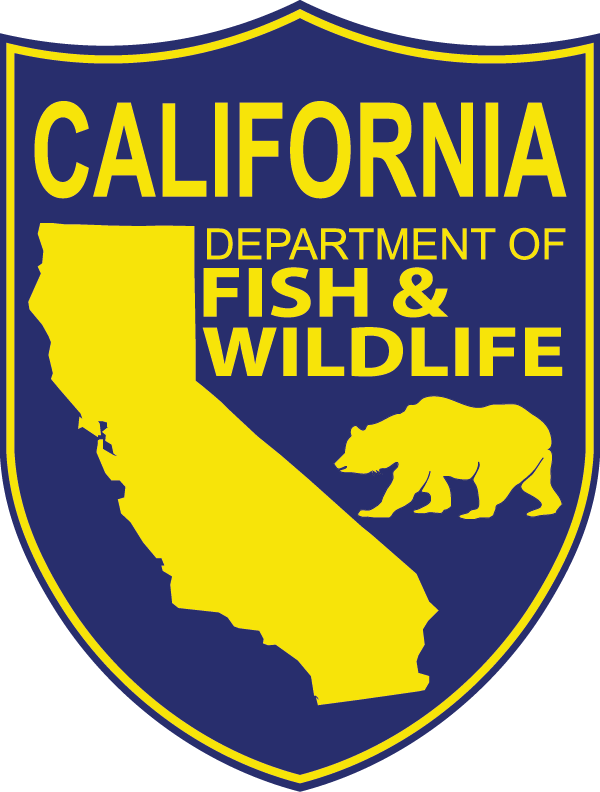The Mendocino County District Attorney’s Office has settled three major abalone poaching cases involving Fort Bragg, Sacramento and Bay Area abalone poachers, the California Department of Fish and Wildlife (CDFW) announced.
Two of the settled cases resulted in hefty fines and other penalties for restaurant owners:
- Steven Yuan Qin Liang, 47, of Fort Bragg pled

Evidence seized in the Liang case. guilty to felony conspiracy involving the purchase and black market sales of sport-caught abalone for personal profit. Liang, owner of the Asian Buffet restaurant in Fort Bragg, was ordered to serve 360 days in the Mendocino County Jail, placed on probation for 36 months and ordered to pay a fine of $15,000. He is prohibited from obtaining a sport or commercial fishing license for life.
- Bryant Chiu Shiu Lee, 44, of Sacramento, pled guilty to a misdemeanor charge of purchasing abalone for black market resale. Lee, owner of the Sushi Café in Sacramento, was placed on probation for 36 months and ordered to pay a fine of $40,000. He is prohibited from obtaining a sport or commercial fishing license for life.
Liang and Lee were both convicted in late 2017, following a joint investigation by the CDFW Special Operations Unit and Mendocino Coast squad that began in June 2015.
In the third case, the strange circumstances surrounding an emergency rescue led to an investigation and eventual conviction.
- Justin Joseph Adams, 44, of Alameda, pled guilty to charges of conspiracy and taking abalone for black market sale. He was ordered to serve 210 days in the Mendocino County Jail, was placed on probation for 36 months and was ordered to pay a fine of $15,000. He is also prohibited from obtaining a sport or commercial fishing license for life.

In April 2017, wildlife officers received information from the Mendocino County Sheriff’s Department, Elk Volunteer Fire Department and Mendocino Volunteer Fire Department about odd circumstances surrounding a cliff rescue in Elk, Mendocino County. Adams had been dropped off by a friend the day before at the headlands just north of Cuffy’s Cove in Elk. He climbed down a steep cliff to the water’s edge and harvested abalone during low tide, but when the tide returned, his return route was blocked. When he failed to appear at a pre-determined pick-up location, a friend called in a missing persons report. Rescuers found Adams stranded on the side of a steep cliff and extracted him around 2 a.m.
Wildlife officers suspected poaching activity may have factored into Adams’ predicament. The day after the rescue, CDFW Lt. Joel Hendricks and Warden Don Powers donned wetsuits and swam to the location below where Adams was rescued to look for evidence of poaching. In a deep cut under the bluff, directly under the location of Adams’ rescue, they found two bags containing 38 abalone. One of the bags also contained a half-consumed plastic bottle of water. After obtaining a DNA sample from Adams via a search warrant, they sent the sample and the water bottle to the California Department of Justice Forensics Laboratory. The lab matched the DNA evidence from the bottle to Adams.
Trafficking of illegally harvested abalone on the black market continues to pose a significant enforcement problem and further exacerbates the pressure on the abalone population. Black market values will likely increase with the closure of the 2018 sport abalone season. Wildlife officers continue to conduct in-depth investigations and arrest those who continue to poach and commercialize abalone.
“It is immensely important for wildlife officers to work with District Attorneys who understand the importance of prosecuting poaching crimes against the dwindling abalone resource,” said CDFW Deputy Director and Chief of Law Enforcement David Bess. “The Mendocino County District Attorney’s office has an excellent track record in this regard.”
CDFW’s wildlife officers and biologists alike hope to see the return of a recreational abalone harvest as soon as the abalone population rebounds.




